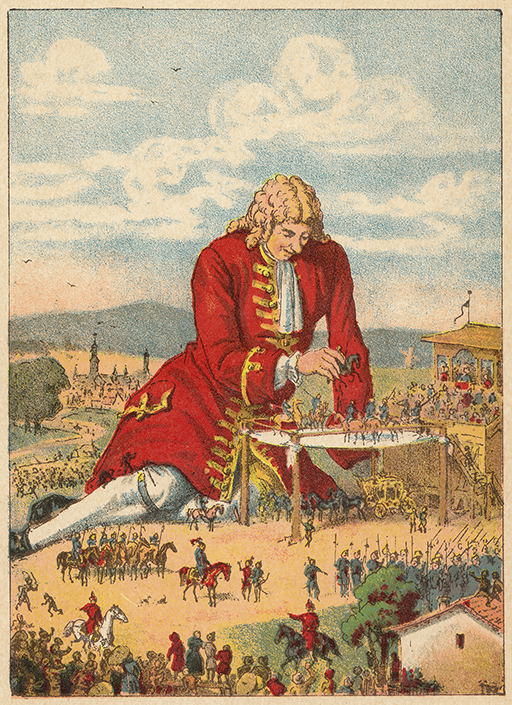1.5 Everyday measures
In this section you will use your everyday experience to think about appropriate use of measures.
Activity 2 Having a sense of common objects and their measures
It helps to have a sense of what a metre looks like, what a kilogram feels like, and so on. Take a look in the kitchen cupboard and list items which are measured in grams, kilograms, millilitres, centilitres, litres and metres.
Discussion
It can help children to consider everyday items and their measures. Here are some common measures (clearly they are approximate).
- A packet of crisps weighs 25 grams.
- An apple weighs about 100 grams.
- A bag of sugar weighs 1 kilogram.
- A family car weighs 1 tonne. (Note: imperial tons and metric tonnes are similar in size.)
- A teaspoon holds 5 millilitres.
- A bottle of wine holds 75 centilitres.
- A bottle of fizzy drink holds 2 litres.
- A ruler is 30 centimetres long.
- The room is 2½ metres high.
Activity 3 ‘The tailor’s rule of thumb’
‘The tailor’s rule of thumb’ was said to be used to make shirts and trousers in the past. It is quoted in the novel Gulliver’s Travels by Jonathan Swift:
The seamstresses took my measure as I lay on the ground, one standing at my neck, and another at my mid-leg, with a strong cord extended, that each held by the end, while a third measured the length of the cord with a rule of an inch long. Then they measured my right thumb, and desired no more; for by a mathematical computation, that twice round the thumb is once round the wrist, and so on to the neck and waist, and by the help of my old shirt, which I displayed on the ground before them for a pattern, they fitted me exactly.(Swift, 1726, p73)
Work out how the Lilliputian seamstresses calculated Gulliver’s wrist, neck and waist measurements.
Discussion
The mathematical computation is:
‘Twice round the thumb is once round the wrist
Twice round the wrist is once round the neck
Twice round the neck is once round the waist.’
By measuring round the base of the thumb, a tailor can get a rough estimate of wrist, neck and waist measurements.
An interesting classroom activity is to get learners to see how accurate this is with string. However, caution is needed where learners have issues about body image.

